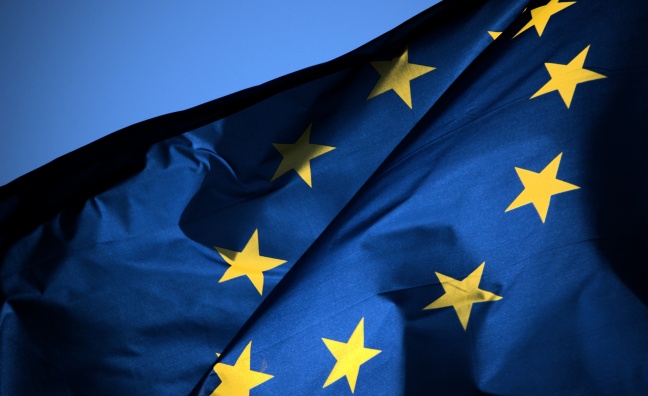The music industry is still grappling with what Brexit will mean next year – but for the live sector the problems involving touring artists are obvious.
Now an influential House Of Lords report has warned on the impact of the UK’s EU withdrawal – due in March 2019 - for the cultural sector but also proposed some solutions.
In its report published today, Brexit: Movement Of People In The Cultural Sector, the House of Lords EU Home Affairs Sub-Committee highlights the potential decline in skilled cultural sector workers coming to the country. In an increasingly global and fast-moving music industry, that could cause staffing problems across the business.
As the report states, the ability to move between the UK and the EU 27 countries at short notice is “integral to the business model of many cultural sector organisations”.
The committee has urged the Government to consider two possible visa options that would recognise the “two-way benefits that accrue from allowing artists, entertainers and other cultural sector workers to move freely between the UK and EU”. The first is extending the permitted paid engagement and permit-free festival arrangements to EU citizens; the second is a multi-country, multi-entry short-term 'touring visa' for EU citizens with a reciprocal commitment for UK citizens travelling to the EU.
Lord Jay of Ewelme, chairman of the committee, said: “Individuals working in the UK cultural sector are highly mobile, and have thrived on collaboration with people from all over the world. The country benefits enormously from the sector's contribution to its economy and society, and it makes an important contribution to the UK's international image and influence.
“If the Government is to achieve its wish to establish an immigration system that meets the needs of the post-Brexit economy, the UK's negotiators will need to be flexible. This means recognising that any restrictions on EU citizens wishing to enter the UK to work may be matched by reciprocal restrictions on UK workers in the EU.”
UK Music, The ISM and the Musicians’ Union provided evidence to the committee.












